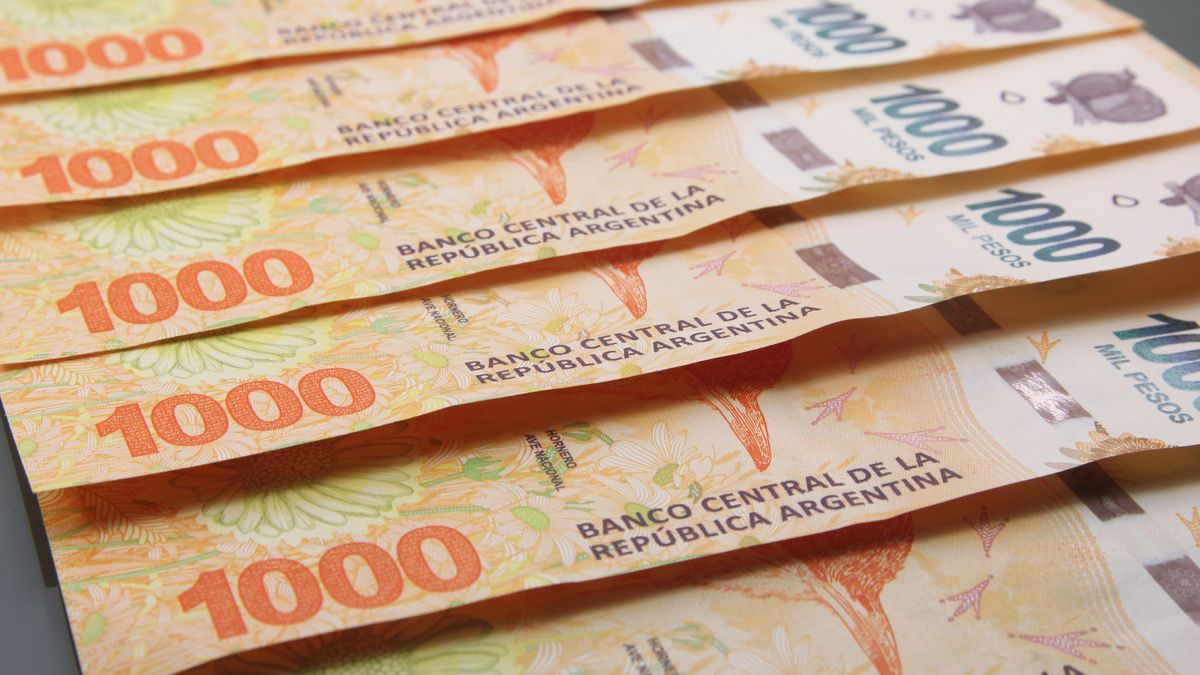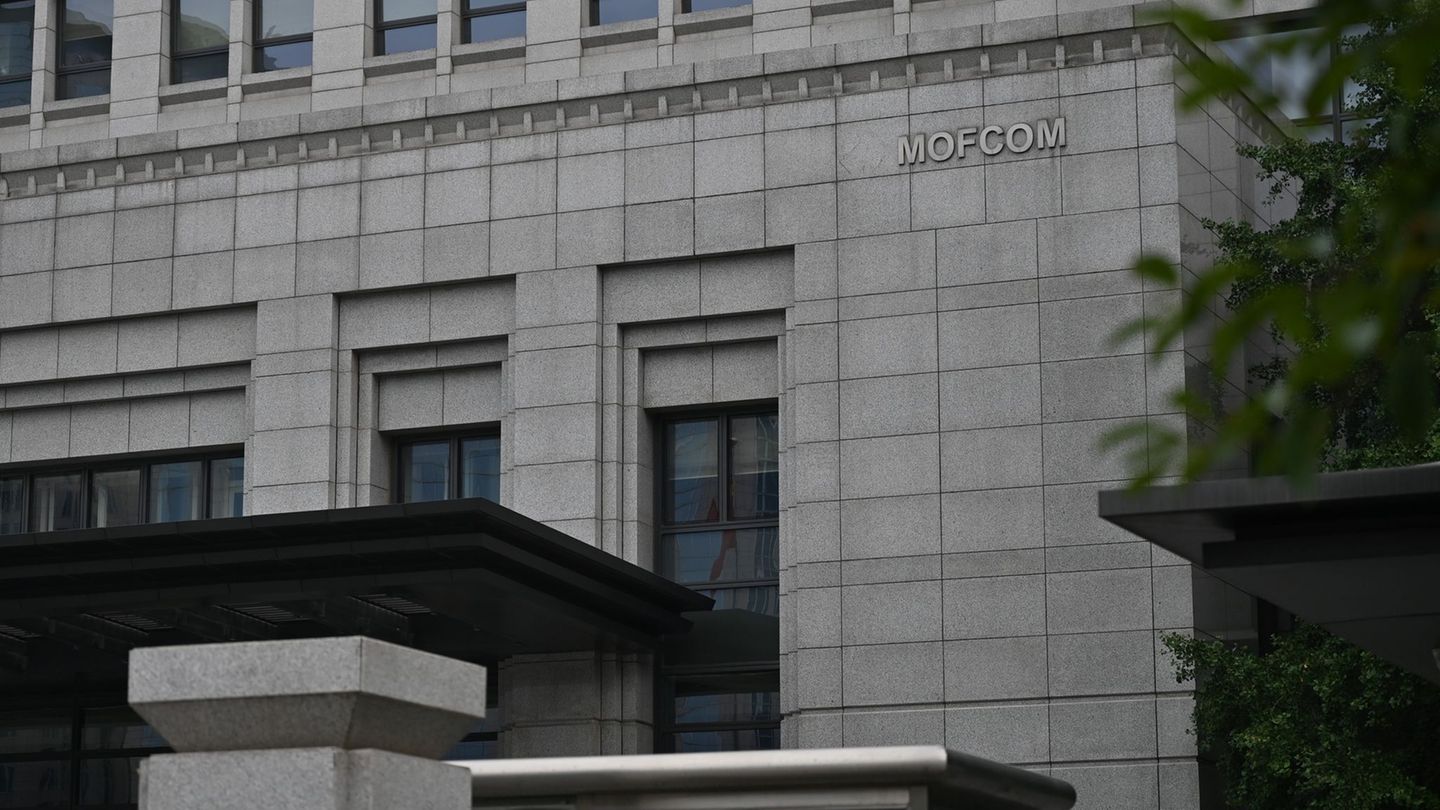The Minister of Economy and candidate of Union for the Fatherland, Sergio Massa confirmed the implementation of a bonus for workers private and state to offset the effect of devaluation and inflation. In this note, everything you need to know.
Bonus for workers: who will collect it?
As confirmed by the Economy, it will be charged by private employees and public employees who receive a salary EQUAL to or LESS than $400,000.
The amount is an advance of parity and will aim to “strengthen the purchasing power of workers’ wages.” The measure aimed at private employment will have an impact on 5.5 million workers.
Bonus for workers: how much is the bonus?
The bonus is $60,000 to be paid in two installments of $30,000.
Bonus for workers: when will it be collected?
The head of the Palacio de Hacienda announced that the first installment ($30,000) will be paid in September along with the salary for that month and the second installment (last $30,000) in October.
Bonus for workers: does it have an impact on Christmas bonuses?
No. Because it is a non-remunerative and one-time increase.
For employers: what benefits will the State give to pay the bonuses
According to Massa, micro-enterprises will be returned 100% of employer contributions and in the case of small and medium-sized enterprises (SMEs), 50% of contributions.
workers-quilmes.jpg
Ads by Sergio Massa
The minister announced a line of credit for workers, with the aim of strengthening consumption and cushioning the impact of inflation. In addition, he will implement a tax relief and loans for monotributistas for up to $4 million.
The measures seek to correct the impact generated on workers by the 22% devaluation arranged by him central bank at the request of IMF, after the jump of the blue dollar as a result of the result of the STEP.
In addition to assistance for workers, relief was implemented for retirees, pensioners, AUH beneficiaries, Alimentar card, small and medium-sized companies, industries and regional economies.
The battery of measures began days ago with the implementation of a new price agreement with 425 companies for 90 days, which will enable companies to limit their increases to 5% per month.
In turn, a new understanding was reached with the main oil companies that operate in the country to freeze the prices of fuels at the pumps until October 31. The objective is to avoid the transfer to devaluation prices.
Source: Ambito




